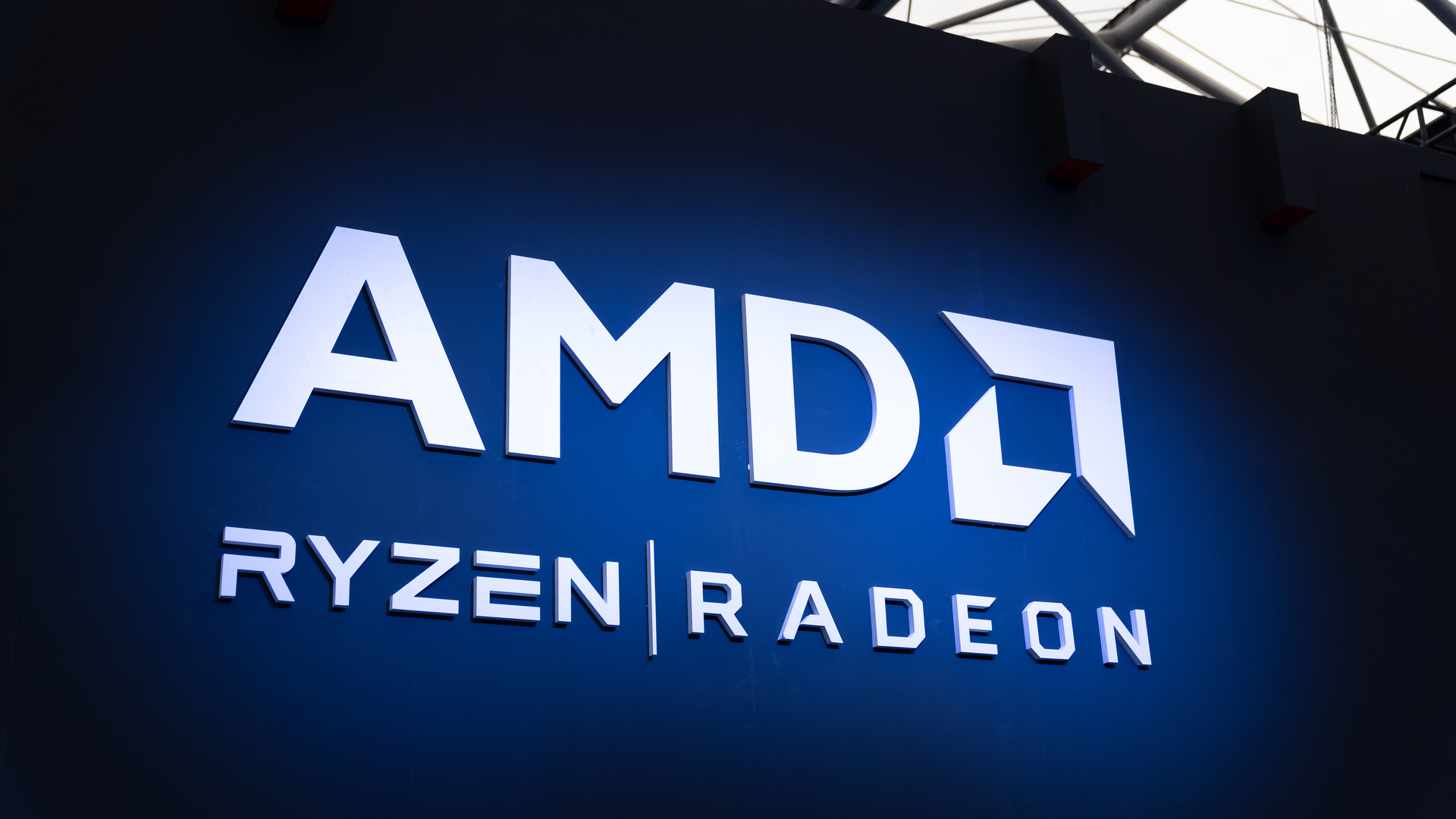The AMD Radeon RX 6700 could be coming soon to challenge the Nvidia RTX 3070
The Navi 22 GPUs might arrive in January with 12GB memory

Sign up for breaking news, reviews, opinion, top tech deals, and more.
You are now subscribed
Your newsletter sign-up was successful
AMD is reportedly planning to follow up the launch of its Radeon RX 6800 series with the mid-range RX 6700 series.
That’s according to Twitter leaker Patrick Shur, who suggests that the incoming Radeon RX 6700 and RX 6700 XT will be based on AMD’s new Navi 22 silicon and will both pack 12GB of GDDR6 memory. While that’s 4GB less than the flagship RDNA 2 flagships, it’s 4GB more than the Radeon RX 5700 Series, and 6GB more than the Nvidia RTX 3070.
NV22 XT 186-211 W TGP (RX 6700 XT) 🧐NV22 XTL 146-156 W TGP (RX 6700?)12 GB GDDR6November 20, 2020
- Here's everything we know about RDNA 2
- We'll show you how to build a PC
- These are the best graphics cards
This memory is expected to run across a 192-bit memory bus. While this might seem lackluster compared to the RTX 3070's 256-bit memory bus, AMD should be able to increase performance with its Infinity Cache technology, which uses clever tricks with the GPU’s architecture, specifically the on-board cache
The GPUs, which will succeed the AMD Radeon RX 5700 series, will have a power will have lower power consumption than AMD’s last-generation cards, according to Shur. He alleges that the RX 6700 will have a TGP between 146W and 156W, while the 6700 XT will be somewhere between 186W and 211W.
By comparison, the AMD Radeon RX 5700 XT and Radeon RX 5700 are listed with TBPs of 225W and 180W, respectively.
While Shur hasn’t shared any additional details about the mid-range RDNA 2 GPUs, VideoCardz predicts that the RX 6700 XT could feature 40 RDNA2 compute units (2,560 stream processors), with the RX 6700 featuring 36 (2,304).
It speculates that Navi 22 will also also be coming to notebooks as a high-end gaming GPU.
Sign up for breaking news, reviews, opinion, top tech deals, and more.
Videocardz also reports that AMD has recently told board partners that the Navi 22 GPU will launch sooner than previously planned. The GPU maker is now reportedly planning to debut the Radeon RX 6700 series in January, which suggests a CES 2021 launch is likely in the cards.

Carly Page is a Freelance journalist, copywriter and editor specialising in Consumer/B2B technology. She has written for a range of titles including Computer Shopper, Expert Reviews, IT Pro, the Metro, PC Pro, TechRadar and Tes.